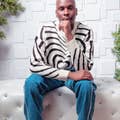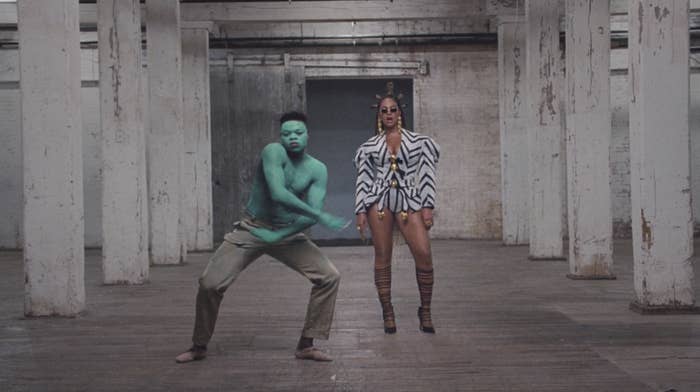
I'll just say it: Beyoncé's new musical film and visual album, Black Is King, is a masterpiece. Following the premiere last week, the film received universal acclaim and is currently the highest rated Disney+ original on Rotten Tomatoes. Fans and critics alike are praising the stunning visuals and poignant storytelling about the African diaspora, as well as the film's fashions and use of music.
For this project, inspired by her 2019 Afrobeat album The Lion King: The Gift, Beyoncé tapped several African writers, directors, and fashion designers to bring her vision to life. That also included 22-year-old Nigerian dancer and musician Stephen "Papi" Ojo, who has a prominent role as the "blue man" throughout the film.
This week, I FaceTimed with Stephen to find out more about his character and get some behind-the-scenes details about what it was like working with Queen Bey, teaching her his native dance moves, like the gbese, and how he managed to keep it all a secret — until now. Read on for more.
BuzzFeed: First off, I have to say congrats on everything. You've been working so hard and it's all paying off, so congrats to you!
Papi Ojo: Thank you!
Of course, we have to talk about your latest project with Beyoncé, Black Is King. I want you to take me back to when you first found out that you were going to be working on the movie. How did that come about?
PO: So I got on the project first as a dancer. [Beyoncé's team] booked me sometime in the summer of last year to come work on "Spirit." It was the first music video she had dropped from her album, [The Gift]. And then from there, they just kept calling me back to help choreograph for different pieces of the songs, being that the album was more of an Afrobeat project.
They brought me on board to show them Afro movements, Afro dance style, and give them the basic meaning to the dance moves. And then my role just grew as time went by. I guess they just really loved my energy and loved who I am as a person, and [the director] blessed me with the role.
Did you know any details of the character you would be playing in the film at first, or was it all kept secret?
PO: I didn't. ... I just got on set one day and they were like, "Hey, we're gonna paint you blue." And I'm like "okay." And then from there, they kept painting me blue. And I still didn't know how big my role was. I just kept performing to the best of my ability each and every single time. When we got to South Africa, I was the only dancer that was there and I was like, "oh, okay, maybe my role has gotten really, really big."
As you mentioned, your skin is painted haint blue in the film, which has several meanings in African culture and varies by country. (It also has its own meanings in the United States, dating back to slavery.) People have already come up with their own theories about what your character represents. What were you told about the meaning of your role?
PO: Honestly, I took that character very personally. I was told that my role was the prince's — or Simba's — subconscious, to lead and guide him through the different stages of life. So I took that role as the blue man being the subconscious of Stephen Ojo, being my subconscious, to guide me and lead me through the stages of life.
This is a stage of life that I needed to be guided through. That's why every time they asked me to perform, I was always going hard because this is a new chapter of my life. This is a game changer in my life.
What was the process like to transform? How long did it take to have your skin painted blue? And how long did it take to wash off?
PO: Honestly, that aspect of it was very tedious. [Laughs] I would say it depends who was painting my body each day. Just depends on the person's process. But usually close to 30 minutes or more every single day. [They had to] get it right because sometimes the color was too bright or too dark. Or it looked too blue. They had to get it right every time because it had to match for [continuity].
PO: Sometimes it was cold. Sometimes it was hot. I didn't have on a shirt. I couldn't wear a shirt because I'm the blue man and I couldn't get anything stained. When I went to South Africa, it got very hot. I started to sweat through the paint [and] the blue started to drip off. They had to wipe it down and put it back on.
And then to take off it off, sometimes I'll think I've gotten all the paint off my body and I'll go to bed, wake up and I see paint on my bed. So it was always a spot I didn't get. But, it was all part of the experience. And I'm happy to experience every part of that journey.
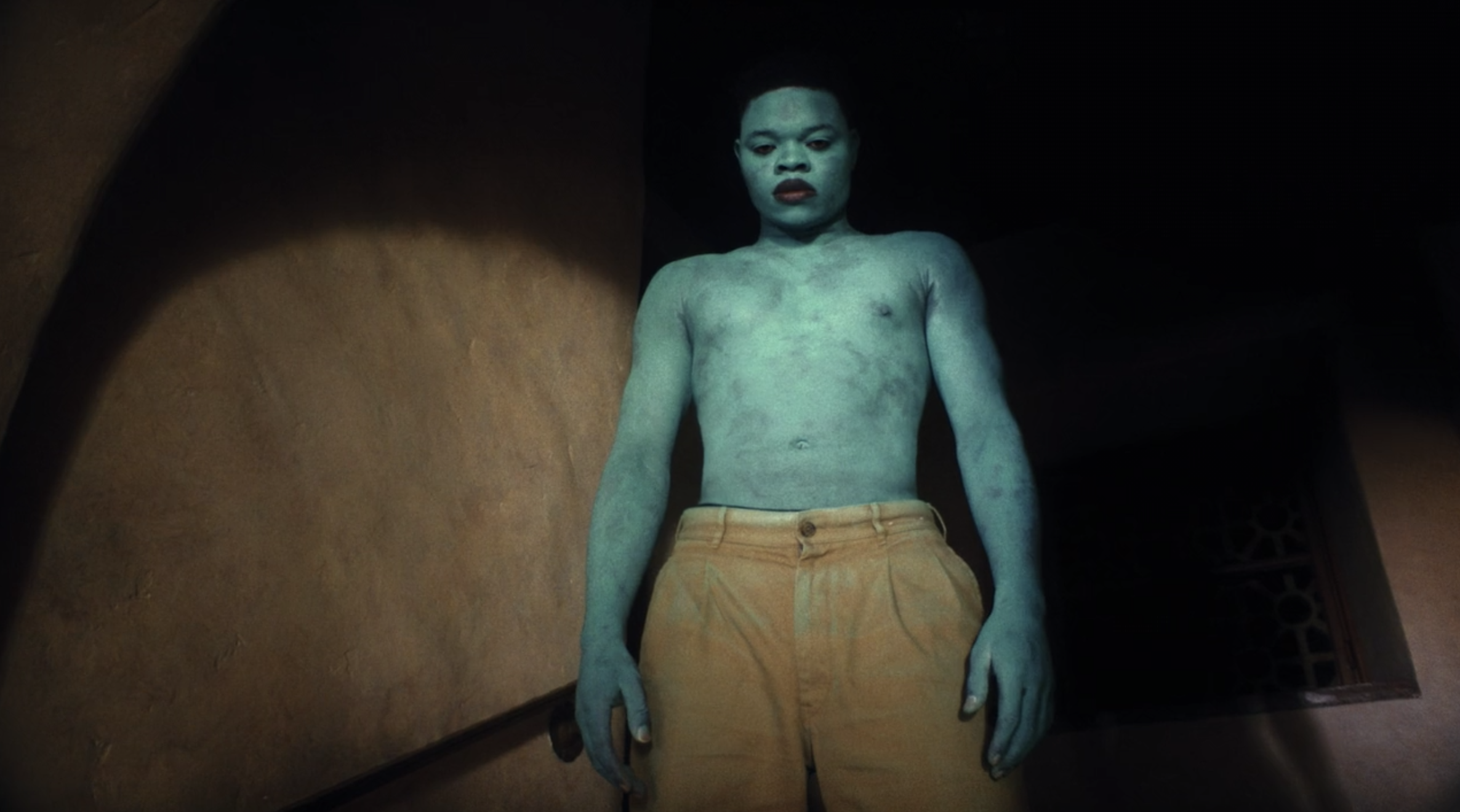
According to the film's co-director, Kwasi Fordjour, this project was a year in the making before any of us saw it, and "Already" was one of the first music videos shot for the film, which you star in. Was it difficult keeping it a secret for so long?
PO: For me, just being a professional in this industry, you know [the deal]. I've done this multiple times now. It is kind of difficult to keep a secret this big for so long, but you sign an NDA contract. So I wouldn't say it was too difficult to keep it quiet.
But after a while, I did kind of get to a point where I thought it might never come out because it was taking a whole year. I didn't want to speak about something I didn't know [for sure]. So I just kept my mouth shut until I got confirmation.
Speaking of "Already," you recently opened up about shooting the music video for it. You called it the greatest birthday gift ever and explained why it was an uplifting day. For those who don't know about your brother, can you talk a little bit about what that day meant for you and why it was so special?
PO: That day was my 22nd birthday. I lost my older brother when he was 22 years old to a tragic accident. I was drowning and he came to save me and then we both went under in a pool. I was able to get out and my brother couldn't make it out.
Me and my older brother were best friends. We danced in the same group. So the bond is very tight. So knowing that I lost my brother when he was 22 years old, I've always carried this weight on my shoulders and some kind of guilt in my heart. Even though my parents do speak to me and people do counsel me and [say] "it's not your fault," but no matter what they say, even if it's not my fault, there's always this chip on my shoulder.
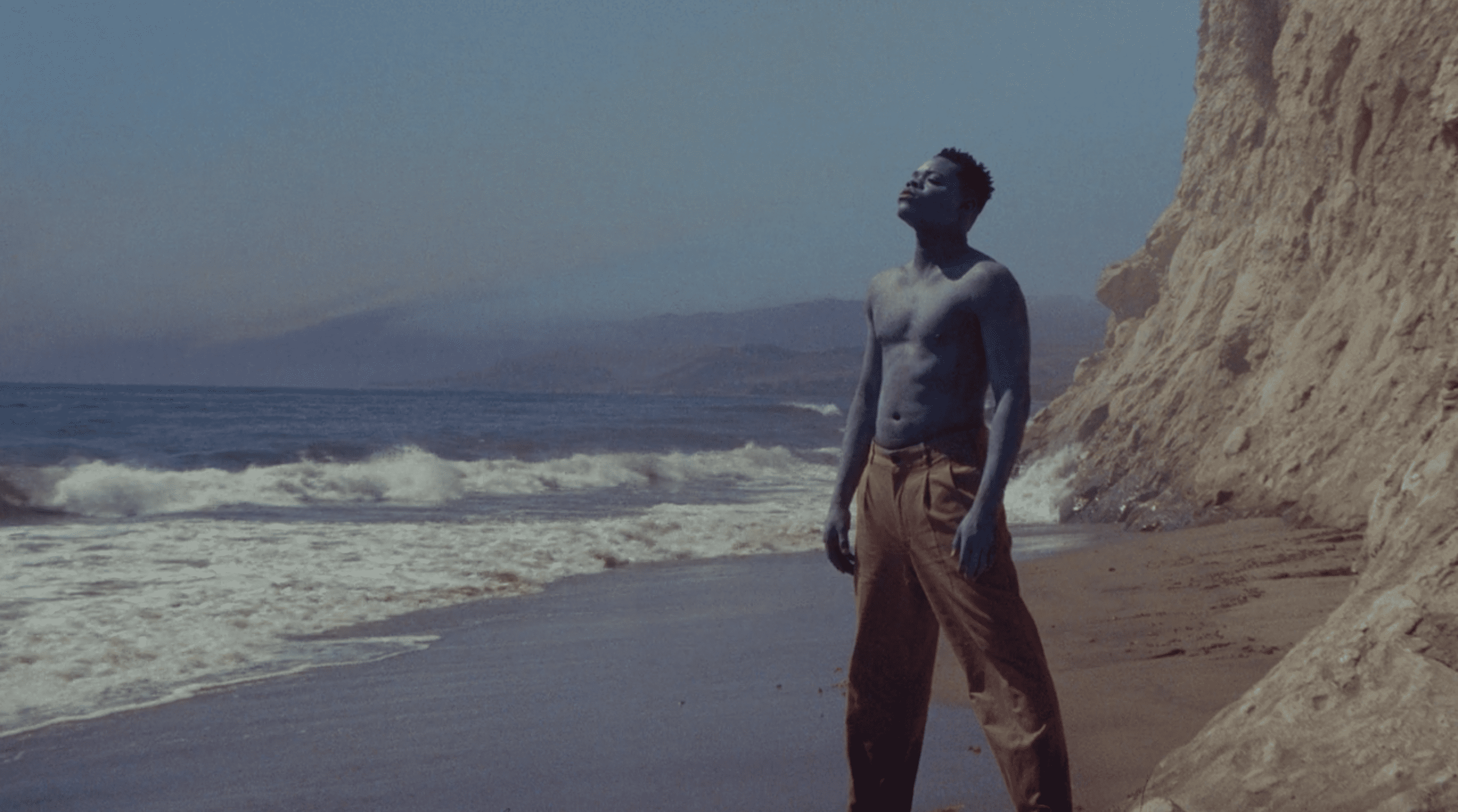
When I was getting close to my 22nd birthday, it was very difficult for me. I was like, "Damn, this is the year my brother passed away." But, I had been booked for a job. I had to perform. And then when I got on set, everybody's energy was just so uplifting, you know? Beyoncé's energy, Kwasi's energy, [our choreographer] JaQuel [Knight]'s energy, everybody on set. Even if they didn't know what I was going through emotionally, just being around them and just being in that environment lifted me. Like, I got the chance to perform right next to Beyoncé.
"'Yo, I'm performing Afro moves next to the Queen and I have to show out!'"
She didn't know it was my birthday. I did mention it after the fact and she said happy birthday, but [moreso] just being blessed with the opportunity. It was just uplifting because I understood the role I was playing. I understood, "Yo, I'm performing Afro moves next to the Queen and I have to show out!" It was just so amazing. Me and her were just able to just vibe off each other's energy and create such a masterpiece. It was a good day for me to just let go.
I love that. I'm so glad that you were able to have that experience. You actually tweeted about teaching Beyoncé some choreography. What was that experience like being able to teach one of, if not the biggest talent in the world, some native dance moves for this project?
PO: It was a dream come true. God really works in miraculous ways. Sometime last year, I was literally on this couch when Homecoming came out on Netflix. When I finally got the opportunity to watch it, I was just so amazed by her, by her hard work, and the way she pushed through each and every single situation. Afterward, I just laid down, I looked up, and I said a little prayer. "God, give me the opportunity to work with this woman one day and just teach her my style, show her my culture."
And I actually DM'd her a long time ago. [Laughs] So again, me putting out that energy and just saying that prayer, and a few months later I'm actually teaching Beyoncé. That just shows that whatever energy you put out there, whatever praise you put out there, if you just firmly believe, and you work hard towards it, anything is possible. You just gotta be ready. You gotta be ready and stay ready.
Which videos did you help choreograph?
PO: "Spirit," "Already," I freestyled [the dance] on "Find Your Way Back." I helped with some of the dances on "Water." [Many] different songs I helped out with.
What’s one moment that you'll forever cherish from working on Black Is King?
PO: My favorite moment has to be each and every single day that I was on set watching Beyoncé do her thing. I'm also a young artist [and] I'm trying to make a way for myself and [create] Afrobeat [music]. Being able to watch somebody as big as Beyoncé be hands on with everything just shows me that as you grow bigger, you can't slack.
You have to be on point. You have to understand what's going on because at the end of the day, everything's attached to your name. You have to make sure everybody's on point. You have to understand everything like it's the back of your hand. That's something that I really took out of that whole project, is watching and just seeing her be Beyoncé.
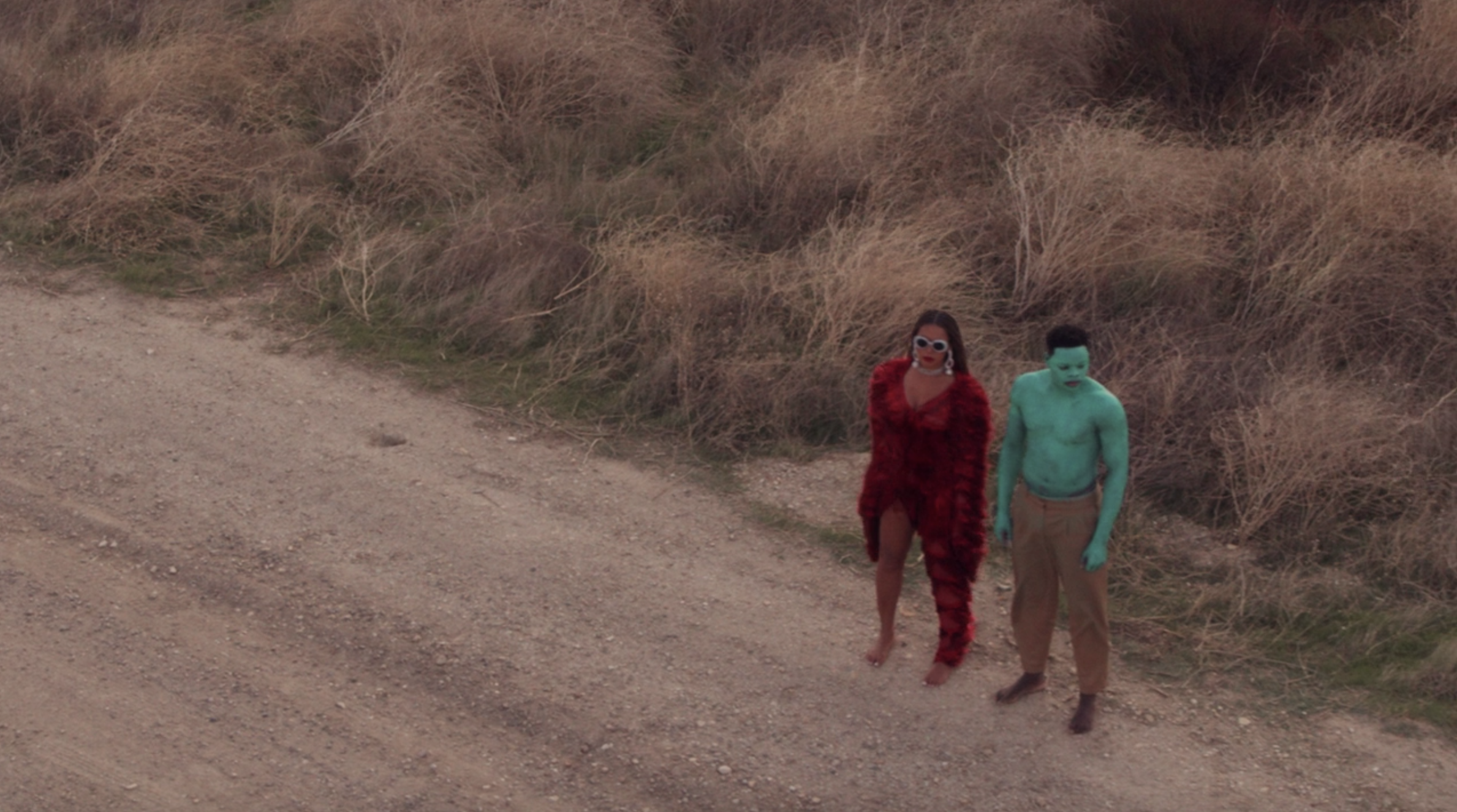
The film showcases the beauty of Africa and its many traditions. After working on the project, what do you hope is the impact and legacy of Black Is King, long after the dust settles?
PO: What I hope and what I feel is gonna happen is that, because of how big Beyoncé is and because of the messages portrayed, this movie is gonna touch a lot of lives. Black people are going to look at this movie and they're gonna want to go find out about their roots.
"People need to understand that Africa is not just about poverty. We're not all struggling. There are beautiful parts of Africa too."
If you watch the movie, you're gonna understand because sometimes when the media portrays Africa, they portray Africa as a poor place, but every [continent] in this world has its poor place. People need to understand that Africa is not just about poverty. We're not all struggling. There are beautiful parts of Africa too. And I'm happy that Beyoncé was able to portray and show the beauty and the culture.
So it's gonna trickle down from generations to generations to come. They're gonna see that and be, like, "Wow, Africa is such a beautiful place. I want to be part of this. I want to understand the culture, my roots. I want to understand the beauty of my roots, and not just what the media displays."
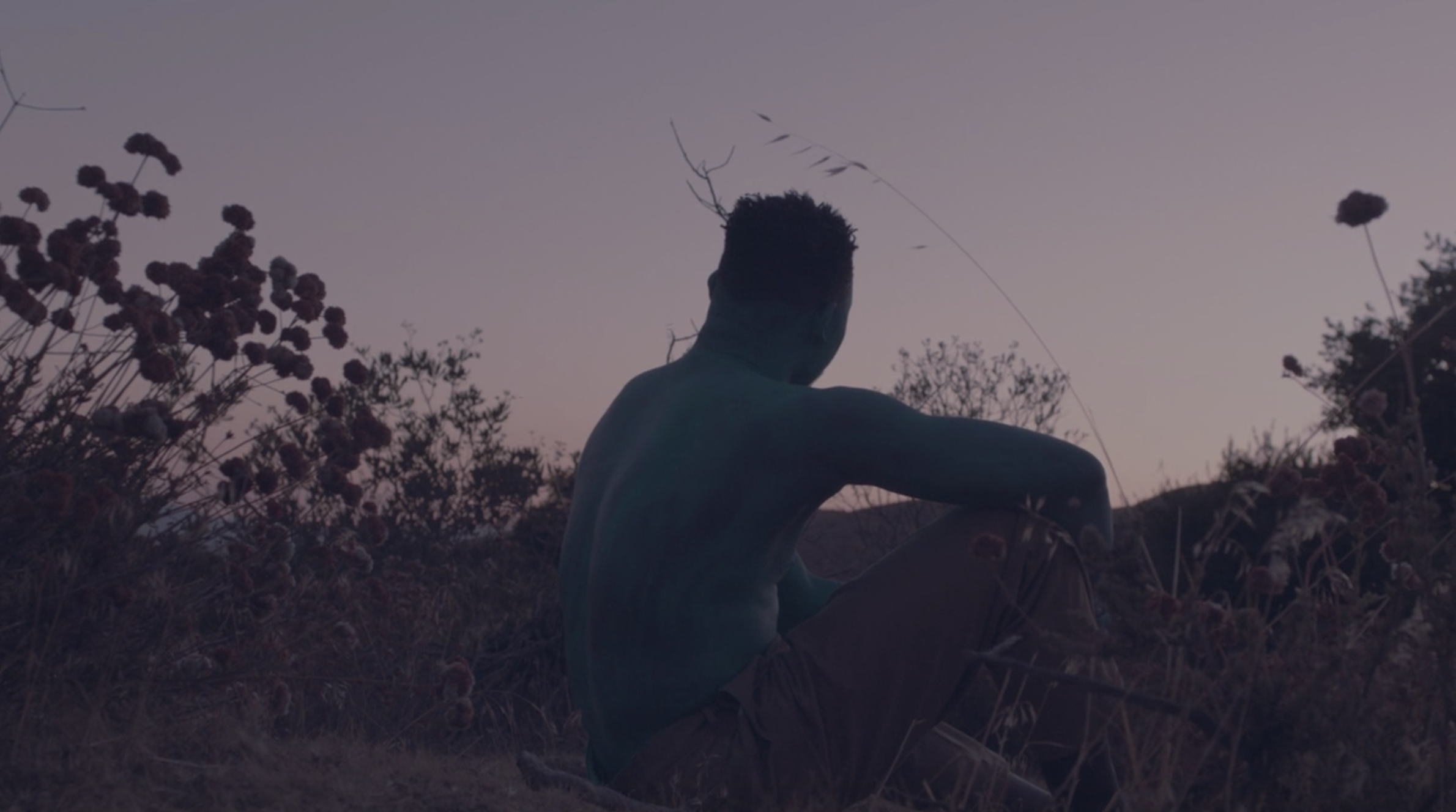
You have a single, "Beremole", dropping today on all digital platforms. What can people expect to discover about you through your music — outside of your impressive dance skills?
PO: I think with this song — and this music video coming out — you're going to understand my creative process and my creative vision for my own music. Even if I'm a dancer, I'm a creative also. I have a vision in mind. So people are gonna get to see my creative side as a whole, not just being a part of something. This is my own stuff. Hopefully everybody gets to enjoy it. "Beremole" means to get down, boogie down. I'm hoping everybody listens to the song and they start dancing. Hopefully they get to a happy place and they have fun.
Is there anything else you want our readers to know about your upcoming projects?
PO: I started working on my EP. I plan on dropping [it] sometime next year. I'm gonna take acting a lot more serious [and] start going to classes. I'm going to start submitting myself more for acting roles. Hopefully my fans all over the world get to see me on the big screen again. I pray and I know for a fact I'm gonna work hard and get there. So, watch out for Papi Ojo on the big screen. It's coming up!
